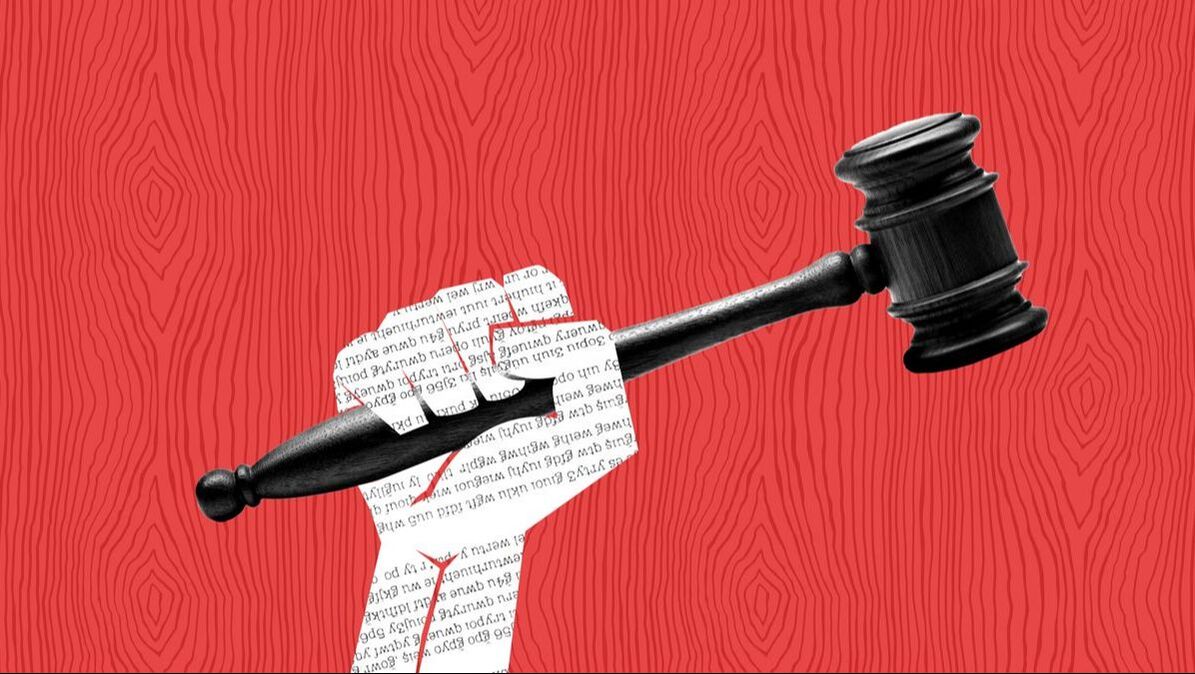|
Prosecutors have a hard job. They deserve a lot of leeway and public understanding that their actions are going to be continually second-guessed and criticized. But they are not perfect. As public officials, complaints against them should not be hidden from the public. And prosecutors should not be able to squelch the free speech rights of those who file formal grievances against them.
But that is exactly what the law allows in New York and many other states. A group of law professors demonstrated this by filing formal grievances against 21 prosecutors in Queens. These filings involved prosecutors who were found by appeals courts to be guilty of misconduct, ranging from lying in court to withholding key evidence from the defense. Now the corporation counsel, New York City’s top attorney, is warning the professors they will face some unspecified punishment for violating a state law that shields formal complaints against prosecutors from public scrutiny. The corporation counsel is also denying these professors access to updates on their complaints. In a splendid piece of eloquent outrage, the editorial board of The New York Times wrote: For good measure, the corporation counsel then sought to keep secret the letter requesting the professors be punished for violating the secrecy law. This isn’t just shooting the messenger; it’s tossing the gun into the East River and threatening anyone who tries to fish it out. We doubt that these law professors are quaking in their boots. But imagine the impact such a threat has on someone with limited resources who lacks the prestige and power of a law professor. That person, whether a convicted person’s spouse or parent, may well think twice before exercising her First Amendment rights. This lack of transparency, moreover, is not unique to New York. At the federal level, while most of the Department of Justice (DOJ), FBI and Drug Enforcement Administration officials are subject to review of their actions by an inspector general, there is a carve out for federal prosecutors. Their actions are reviewed by the Office of Professional Responsibility which, The Times reports, “almost never makes its findings public.” Thankfully, a bipartisan bill co-sponsored by Sen. Dick Durbin (R-Ill) and Sen. Mike Lee (R-UT) would empower the DOJ inspector general to review claims against federal prosecutors, just as that office does for other DOJ employees. Officials who have the power to put people in prison or on death row should not enjoy secret protections. In New York, they especially should not be able to threaten the First Amendment rights of those who want to speak about their complaints. We will continue to monitor the progress of The Bipartisan Inspector General Access Act. In the meantime, we hope that New York’s corporation counsel will recognize that such threats are repugnant to the First Amendment. Comments are closed.
|
Archives
June 2024
Categories
All
|
ABOUT |
ISSUES |
TAKE ACTION |



 RSS Feed
RSS Feed